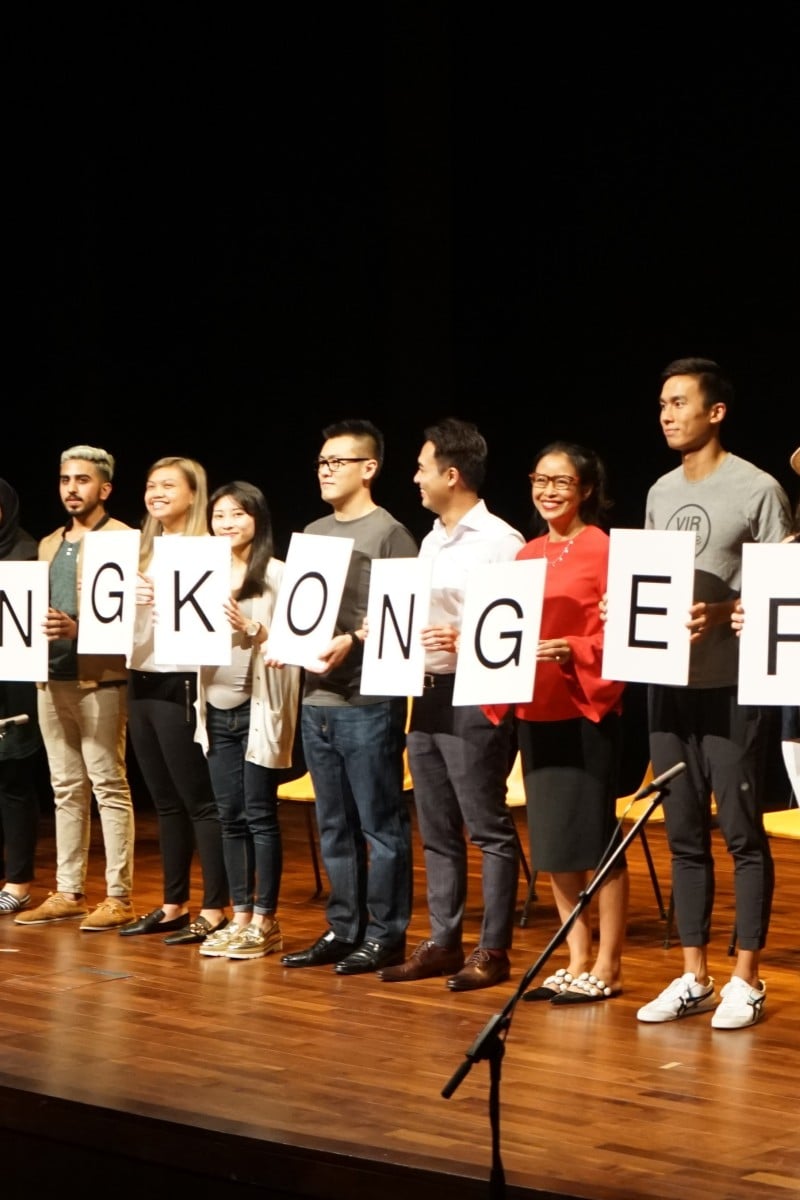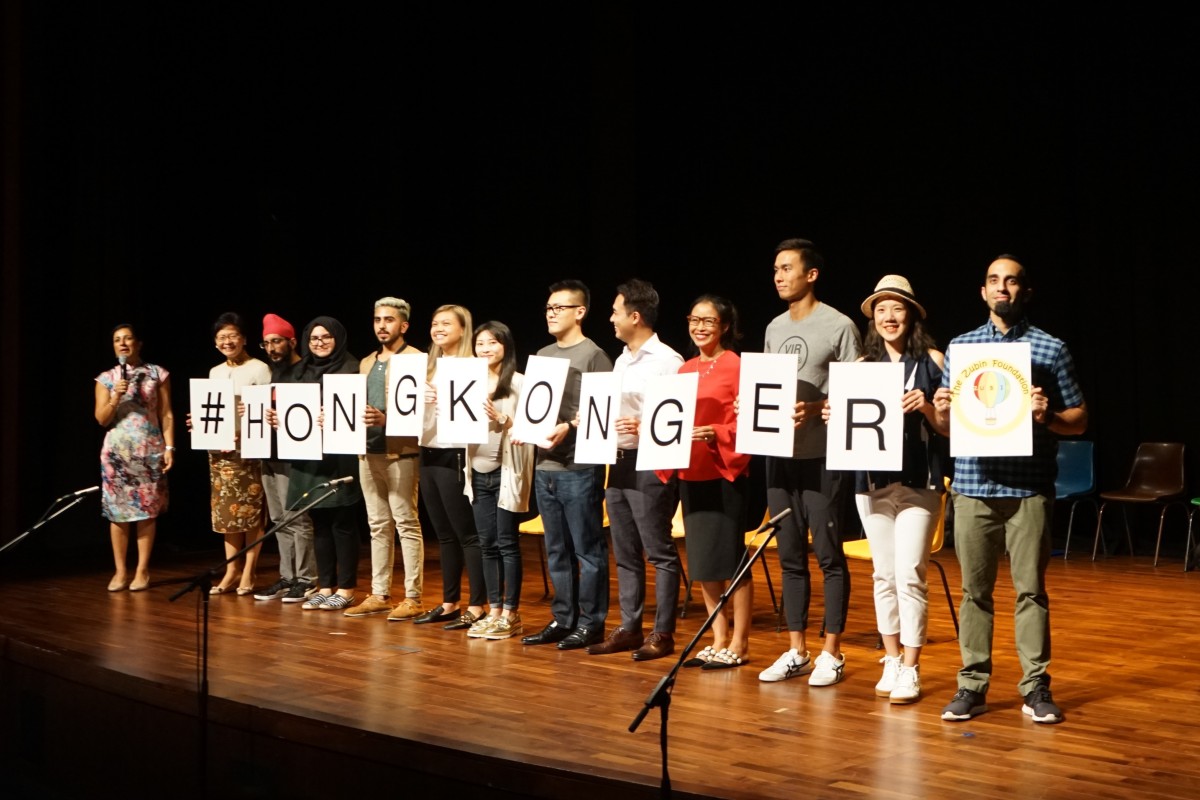
Around 40 per cent of non-Chinese youth in Hong Kong don’t want to be working here, and some are treated badly
 The drama, based on the findings of the survey, was a true reflection of what ethnic minority people face every day here in Hong Kong
The drama, based on the findings of the survey, was a true reflection of what ethnic minority people face every day here in Hong KongAlthough the vast majority of ethnic minority children in Hong Kong are happy, they’re not thrilled about being called an “ethnic minority”, a survey shows. And, what’s more, around 40 per cent of them don’t want to be working in Hong Kong in future.
The survey, presented last Thursday at the University of Hong Kong, was conducted and co-authored by Associate Professor Puja Kapai from the Centre for Comparative and Public Law at HKU and the Zubin Foundation. It was the largest-ever study of Hong Kong’s minority youth and asked them about their aspirations, challenges, and sense of identity.
According to the survey, 64 per cent of the 253 respondents, aged between 16 and 24, were born in Hong Kong and 84 per cent said they were happy. But 89 per cent said they would prefer to be known as something other than an “ethnic minority”. The Zubin Foundation suggested they be called “Hong Kong” and their ethnicity, for example, Hong Kong Pakistani.
Are Cantonese terms like “gweilo” outdated and offensive in Asia's World City?
More than 60 per cent of those surveyed thought that Hong Kong Chinese people do not think well of them.
“There’s definitely a bit of discrimination regarding our ethnicity,” said Pua Krystelle Jasmin Espiritu, 15, of Delia Memorial School (Hip Wo). “Also, people underestimate our academic ability. Some of them are also very hostile towards us in public.”
At the ceremony, which was attended by Chief Executive Carrie Lam Cheng Yuet-ngor, a drama was performed based on the findings of the survey. Among the cast was comedian Vivek Mahbubani, an ethnic Indian who was born and raised in Hong Kong.
How one Pakistani student is breaking cultural norms through the power of dance
“I think the first step to take is to have people realise that what we call home is actually built by different people. It’s not about accepting, but more like, ‘yeah, you’re part of the game, we need you here’,” Mahbubani said.
The survey found that language was one of the biggest obstacles facing ethnic minorities. The survey was part of the Youth Project, #Hongkonger, and included a competition which asked young people to start a social programme to overcome some of the problems faced by ethnic minorities.
The winner was Team EFC (Education for Change) that wants to tackle the language problem. Team members Srijana Kafle and Rajan Pun are City University graduates. Kafle, 23, told Young Post that she became aware of the issue when she was working as a teaching assistant.
“We do not have enough support to overcome the language barrier. Even the services and facilities provided by the government or other organisations are not accessible to ethnic minority children and parents,” said Kafle.
To solve the problem, Kafle and Pun proposed to organise education workshops for non-Chinese students and families and invite professionals to explain the local education system. Also, the team plans to launch an app which will match students with tutors who can speak their native language.
The winning team will be awarded HK$50,000 to launch their project.